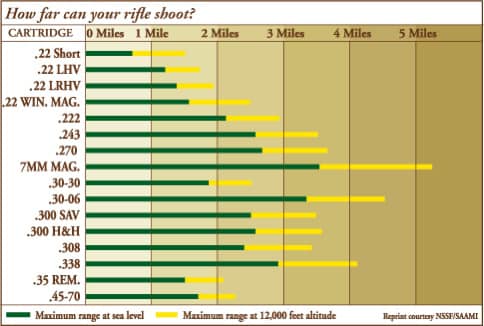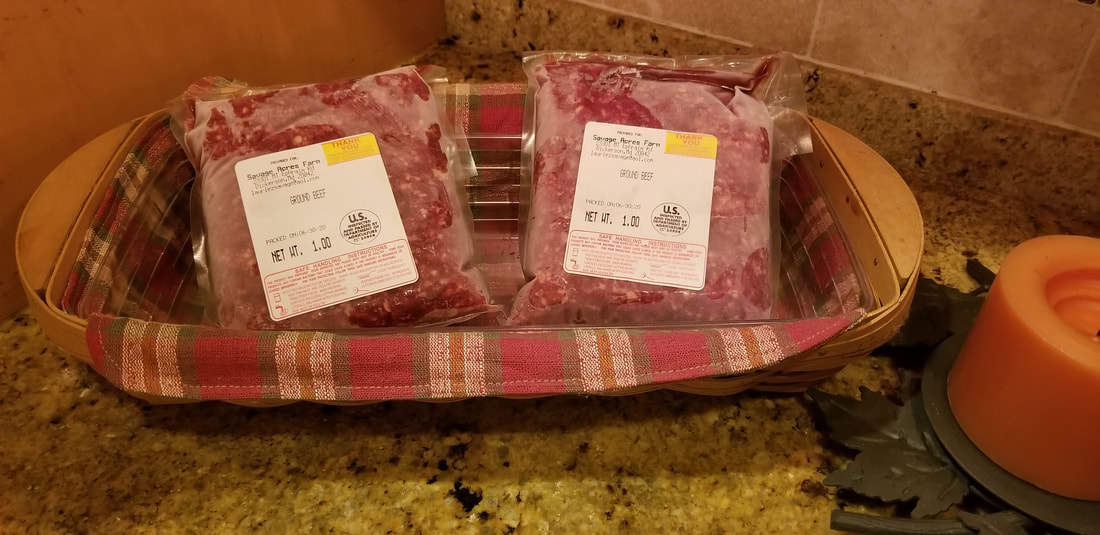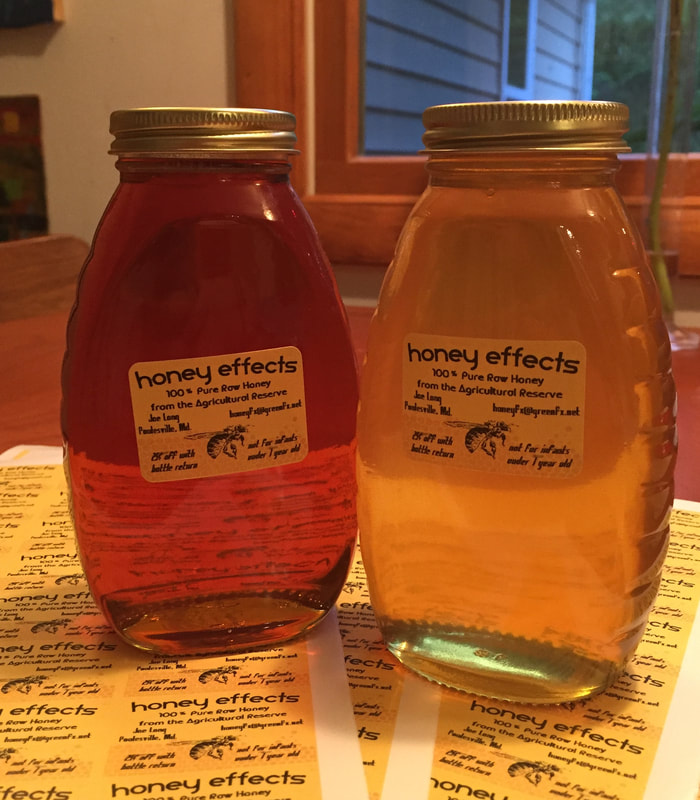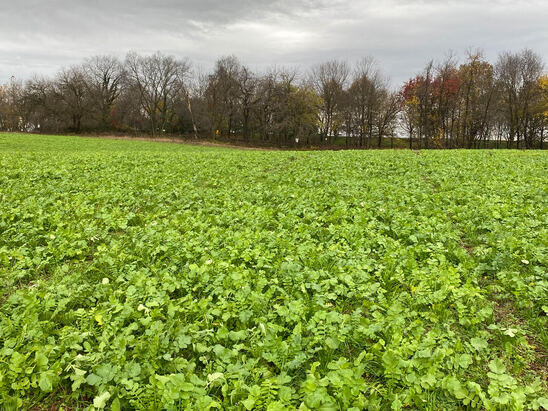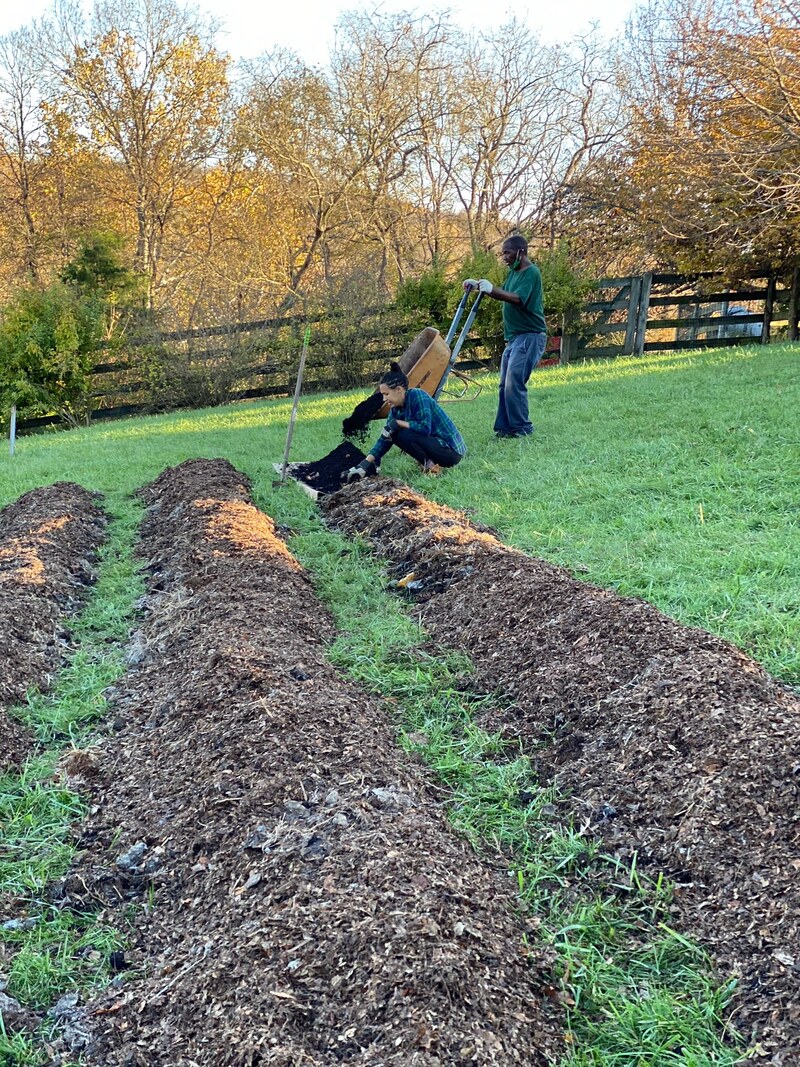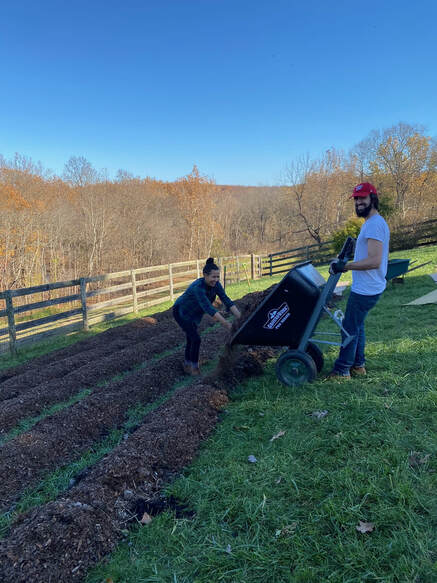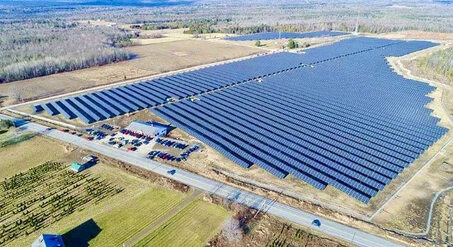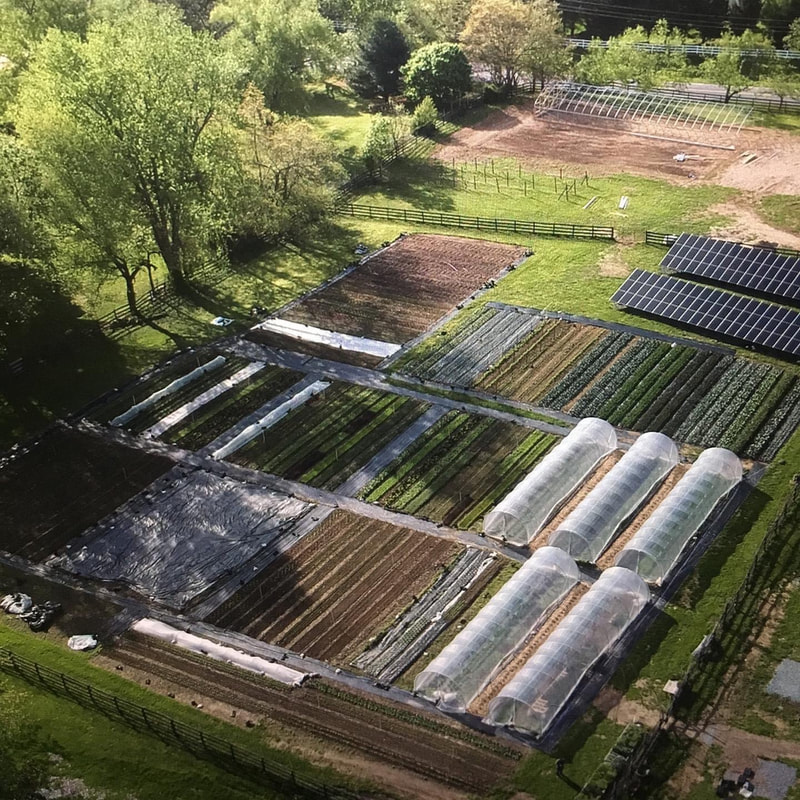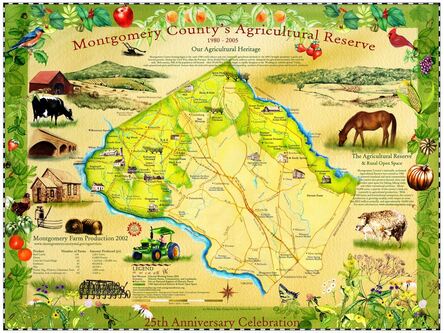There were discussions at the time about reliability and the utilities wanted an unfettered ability to trim trees. Over time it has become apparent that Pepco's tree trimming is sometimes excessive and unnecessary. The District of Columbia has done a better job of striking a balance between reliability and preserving the tree canopy. Here is a document with background information about the bill.
The virtual bill hearing will take place on the evening of December 8th before a joint meeting of the Montgomery County House of Delegates and State Senate Delegations. MCA will be testifying in favor of this legislation.
Those wishing to testify must sign up by 4:00 p.m. on the day before the hearing by registering on the Delegation’s website or e-mailing [email protected]. Those registering later than that may be taken on a "virtual walk-in" basis the day of the hearing at the discretion of the Chair.


